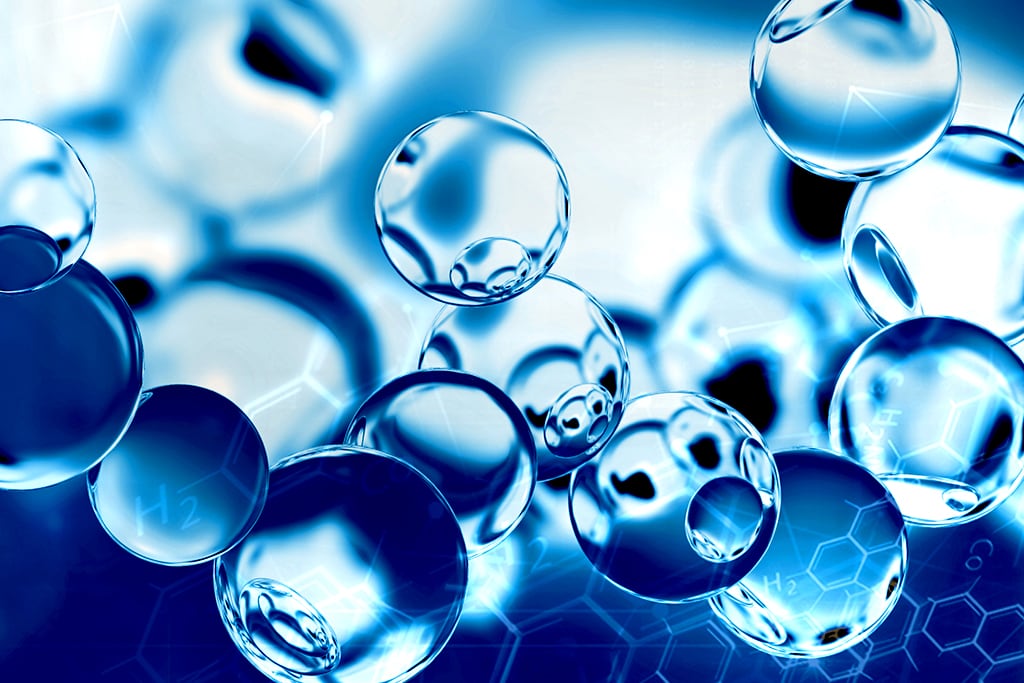Choosing the Right Defoamers for Your Industry Needs
Choosing the Right Defoamers for Your Industry Needs
Blog Article
The Duty of Defoamers in Enhancing Item Quality and Performance
Defoamers serve as important additives that minimize this issue, guaranteeing smoother manufacturing operations while enhancing the visual and useful characteristics of the final items. The selection of the suitable defoamer can be critical to accomplishing ideal outcomes, elevating crucial concerns concerning solution compatibility and efficiency metrics that warrant additional exploration.
Recognizing Defoamers
Recognizing the duty of defoamers is vital for keeping item quality across various industries. Defoamers are chemical ingredients designed to lower and stop the development of foam in fluid systems, which can detrimentally affect processes such as blending, loading, and surface area stress. Foaming can lead to ineffectiveness, product problems, and compromised visual allure, making defoamers a crucial component in producing procedures.
In industrial applications, defoamers help to improve product uniformity and security. In the paint and coatings industry, foam can interfere with the application procedure and the last coating. Similarly, in food and beverage manufacturing, extreme foam can prevent bottling and product packaging performance (defoamers). The effective use of defoamers not just makes sure smoother production processes however also adds to premium product efficiency.
Furthermore, the option and formula of a defoamer should straighten with particular application needs, such as compatibility with other components, effectiveness under varying temperature level and pH conditions, and possible regulative constraints. Eventually, understanding defoamers' functions and their relevance in numerous formulations is important for maximizing production and making certain the best output.
Sorts Of Defoamers
Defoamers can be classified right into a number of kinds based on their composition and system of activity. The main kinds include silicone-based, non-silicone natural, and not natural defoamers.
Silicone-based defoamers are among one of the most effective, mostly as a result of their ability to spread rapidly on the fluid surface area and interfere with foam formation. Their special chemical framework enables for superior security, making them ideal for high-temperature applications and settings with varying pH levels.
Non-silicone natural defoamers, commonly made up of natural oils or fats, are valued for their biodegradability and lower toxicity. These are usually made use of in food and beverage applications where security and environmental effect are vital.
Not natural defoamers, that include compounds like talc or calcium carbonate, act by increasing the thickness of the fluid, therefore decreasing foam stability. They are typically used in industrial procedures where compatibility with various other products is not a worry.
Each kind of defoamer has unique advantages and restrictions, allowing for tailored remedies relying on the details frothing concerns run into in different applications. Comprehending these differences is important for enhancing performance and attaining wanted product quality.
Applications Throughout Industries
Many markets leverage defoamers to boost item high quality and operational performance. In the food and drink market, defoamers are crucial in procedures such as brewing and milk manufacturing to avoid foam formation, which can lead to inadequacies and product inconsistency. By regulating foam, suppliers can make certain far better return and a more consistent item.
In the pharmaceutical industry, defoamers play an essential function in the formulation of fluid drugs, where excessive foam can restrain mixing and exact application. Their usage aids keep the stability of the solutions and helps with smoother production processes.
The paint and coverings sector also depends on defoamers to boost the performance of products throughout application. By minimizing foam, these additives make certain a smoother finish and improve the visual qualities of the last item.

Benefits of Using Defoamers
While the application of defoamers varies across markets, their advantages continually boost item high quality and procedure effectiveness. One considerable advantage is the reduction of foam formation throughout producing processes, which can or else bring about manufacturing delays and disparities in product quality. By reducing foam, defoamers enable a smoother circulation of materials, promoting a lot more effective operations and decreasing the possibility of equipment breakdowns.
Furthermore, the use of defoamers can improve the look and structure of end products. In markets such as layers, paints, and food processing, excessive foam can endanger the aesthetic aesthetic appeals and overall top quality, while the suitable defoamer application ensures a consistent surface and desirable attributes. Moreover, defoamers can add to set you can look here you back savings by lowering waste during production and enhancing using basic materials (defoamers).

Choosing the Right Defoamer
Choosing the best defoamer is vital for enhancing manufacturing processes and making sure item top quality. The selection of defoamer influences not only the effectiveness of foam control but also the general performance attributes of the last product. Elements to take into consideration include the kind of application, the chemistry of the formulation, and the ecological conditions under which the product will be made use of.
Various markets may require particular defoamer types, such as silicone-based, natural, or polymeric defoamers. Comprehending the compatibility of the defoamer with the main active ingredients is vital to prevent damaging reactions that can jeopardize item honesty. In addition, the defoamer's effectiveness in numerous temperature levels and pH degrees should be assessed to guarantee consistent performance.
Testing the defoamer in small applications can provide beneficial insights into its performance and viability. Consideration of regulative compliance, specifically in food, drugs, and cosmetics, is extremely important in picking a defoamer. Eventually, a thorough analysis of these aspects will certainly cause the choice of a defoamer that not just regulates foam properly however also enhances the high quality and efficiency of the end product.
Verdict

In verdict, defoamers are crucial additives that significantly boost item top quality and efficiency across various industries. The tactical option and application of defoamers lead to set you back savings, optimized resource usage, and enhanced consumer complete satisfaction.
Lathering can lead to inefficiencies, item defects, and jeopardized aesthetic allure, making defoamers an important component in producing procedures.

Report this page